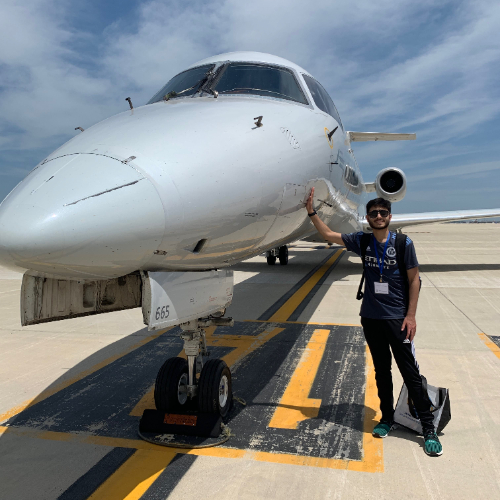It may come as a random thought or something you've actively thought about. Regarding airlines, you may be aware that specific governments or firms could own these. But what about airports?
The "Who owns airports?" issue is not much different from airlines. Therefore, this article will analyze the various companies and government entities that own airports.

Government-Owned
A substantial number of airports worldwide are owned and operated by government entities. These airports, often managed by national or local aviation authorities, are considered essential infrastructure under state control.
The primary advantage of government ownership lies in prioritizing public interests and enforcing regulatory measures to ensure safety and security. Such airports are funded through government budgets, user fees, and sometimes international aid.
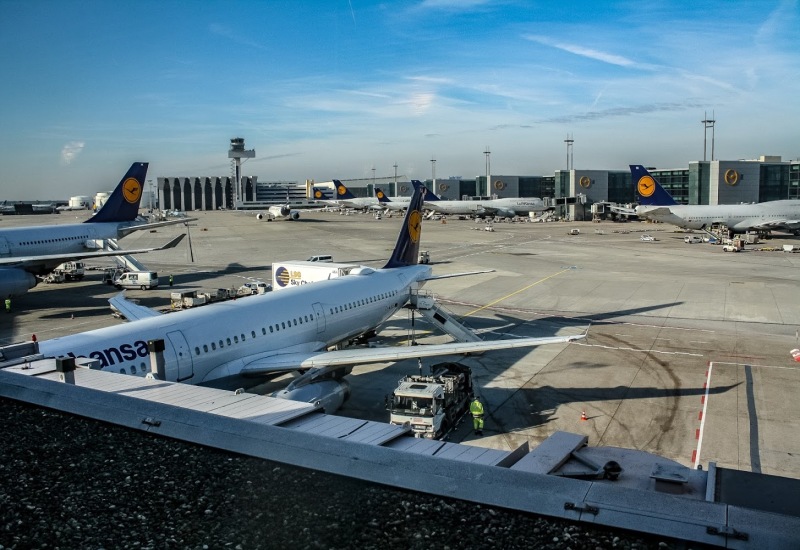
In the United States, for instance, major airports like Hartsfield-Jackson Atlanta International Airport and Los Angeles International Airport are owned by local authorities. These entities are responsible for infrastructure development, maintenance, and implementation of security protocols. The government's involvement ensures that airports serve broader public interests and adhere to national aviation regulations.
Perhaps one of the more popular examples of such government entities is the Port Authority of New York and New Jersey (PANYNJ). This entity was established in 1921 as a joint venture between New York and New Jersey. It oversees the operation of various airports, seaports, bridges, rail transit, and real estate.
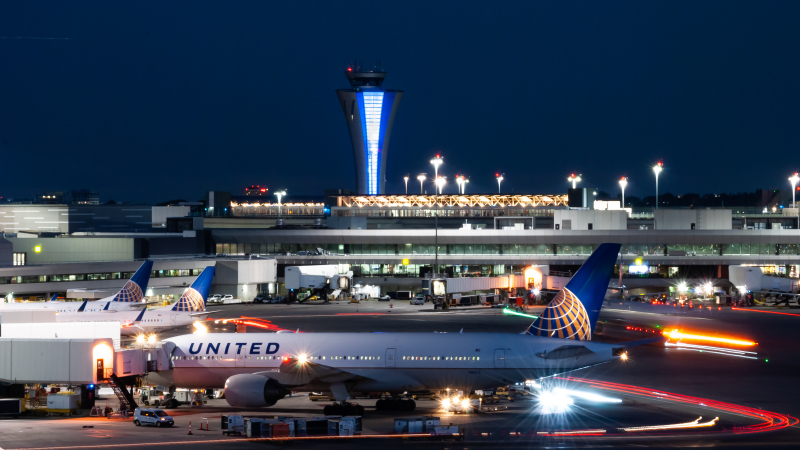
Technically, the City of New York owns JFK and LaGuardia Airports but leases them to the Port Authority for operating purposes. Similarly, Newark Airport is owned by the cities of Elizabeth and Newark but also leased out to the Authority. The Port Authority does not fully operate any airports but plays a major role in the operation of the following:
- New York - John F. Kennedy International (JFK)
- New York - LaGuardia (LGA)
- New York - Stewart International (SWF)
- New Jersey - Newark Liberty International (EWR)
- New Jersey - Atlantic City International (ACY)
- New Jersey - Teterboro (TEB)
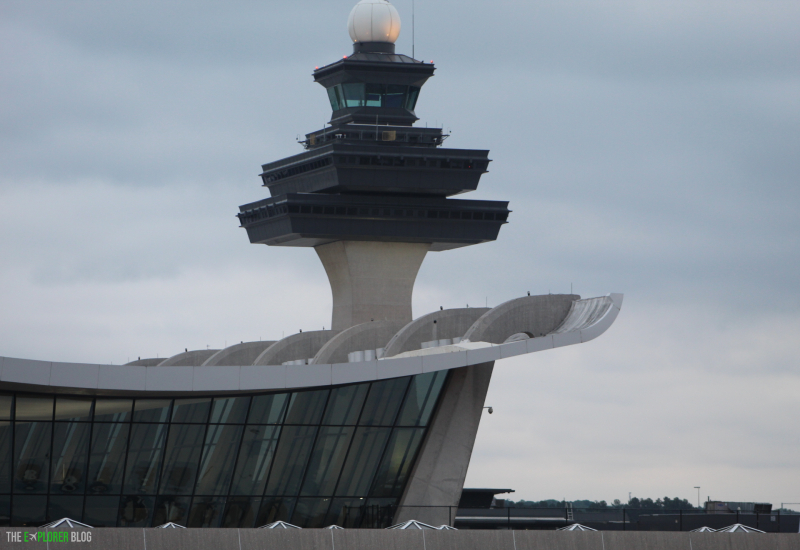
Private Ownership
In contrast, some airports are fully owned and operated by private companies. These companies range from large multinational corporations to smaller regional entities. Private ownership can lead to more streamlined decision-making processes, quicker adaptation to market changes, and a focus on profitability.
The model of fully private ownership is prevalent in countries like Brazil, where major airports, including São Paulo-Guarulhos International Airport, have been privatized. Private ownership often comes with a commitment to infrastructure development, technology integration, and a focus on customer service to attract airlines and passengers.
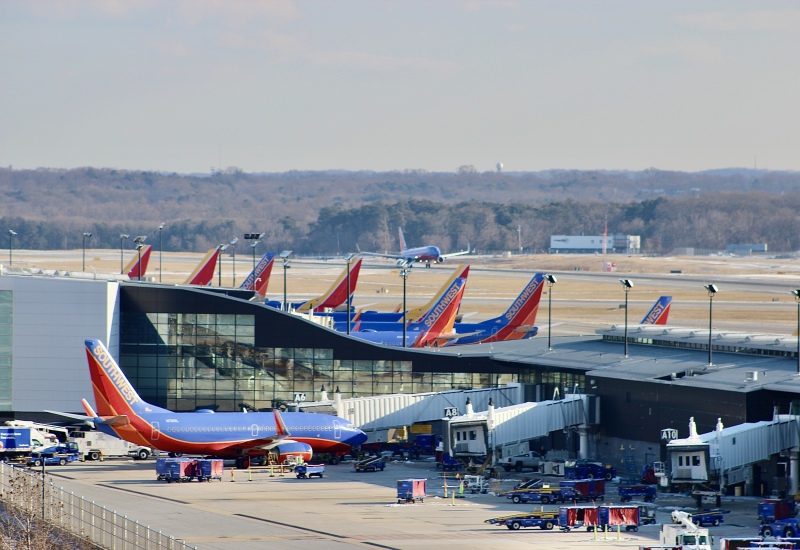
Another notable example of private airport ownership lies in the United Arab Emirates. Dubai International and Al Maktoum Dubai World Central Airports are owned by a private company called "Dubai Airports Company." The UAE seems to be a mixed bag regarding airport administration. This is because just an hour from Dubai in the Emirate of Abu Dhabi, its airports are operated by the public company "Abu Dhabi Airports." Then, in the north of the UAE, another Emirati airport, Ras al-Khaimah, is operated by the Department of Civil Aviation - a government-affiliated entity.
Public-Private-Partnerships (PPPs)
Many governments opt for public-private partnerships in airport development to leverage private sector efficiency and capital. In a PPP model, private companies collaborate with government entities to finance, design, build, and operate airports. This approach combines the strengths of both sectors, fostering innovation, cost-effectiveness, and timely project delivery.
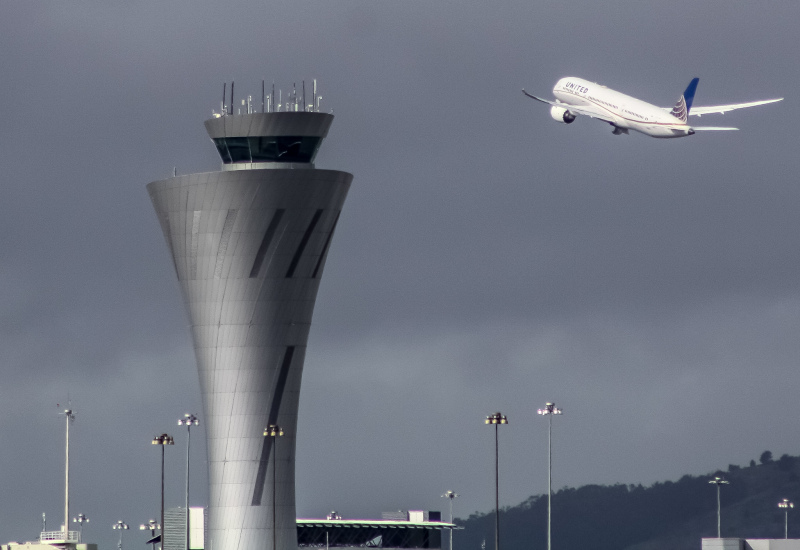
Heathrow Airport in the United Kingdom is a notable example of a PPP. While Heathrow is privately owned, the government plays a regulatory role to safeguard public interests. This unique collaboration allows for strategic investment, efficient management, and continuous improvements in passenger experience.
Heathrow has been in the news recently as Saudi Arabia's Public Investment Fund (PIF) is set to acquire a 10% stake in the airport. The PIF intends to diversify its international portfolio, which includes holdings in other aviation and infrastructure industries.
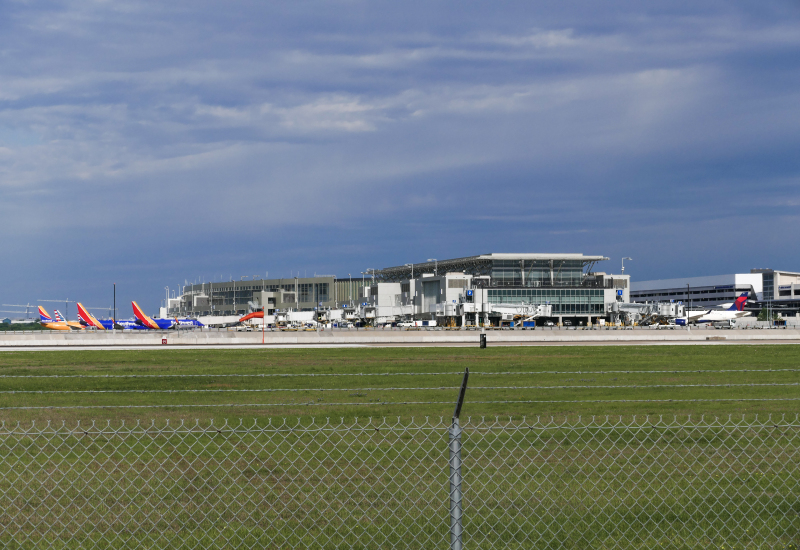
Heathrow Airport Holdings operates not just Heathrow but Gatwick, Stansted, Edinburgh, and other UK airports. The firm, formerly known as BAA, is a private firm owned by many multinational entities, including the Qatar Investment Authority, which controls a 20% stake.
Challenges and Considerations
While the diversity in ownership models contributes to the resilience and adaptability of the aviation industry, challenges arise.
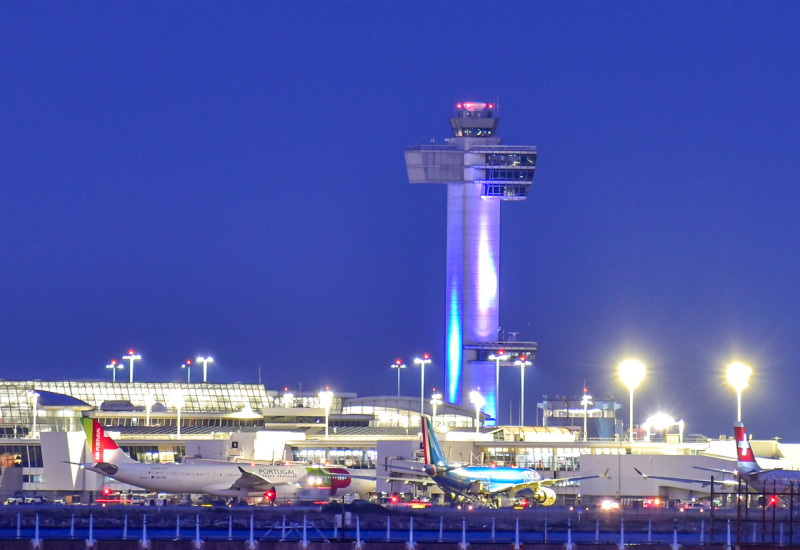
Balancing profitability with public interest, ensuring fair competition, and maintaining high safety standards are ongoing concerns. Additionally, changes in ownership structures, whether through privatization or nationalization, can impact airport operations and the experiences of passengers and airlines.
The ownership of airports is a complex interplay between government entities and private companies, each contributing distinct advantages to the aviation landscape. Whether publicly owned, managed through public-private partnerships, or fully privatized, the overarching goal remains to provide safe, efficient, and reliable air transport services.
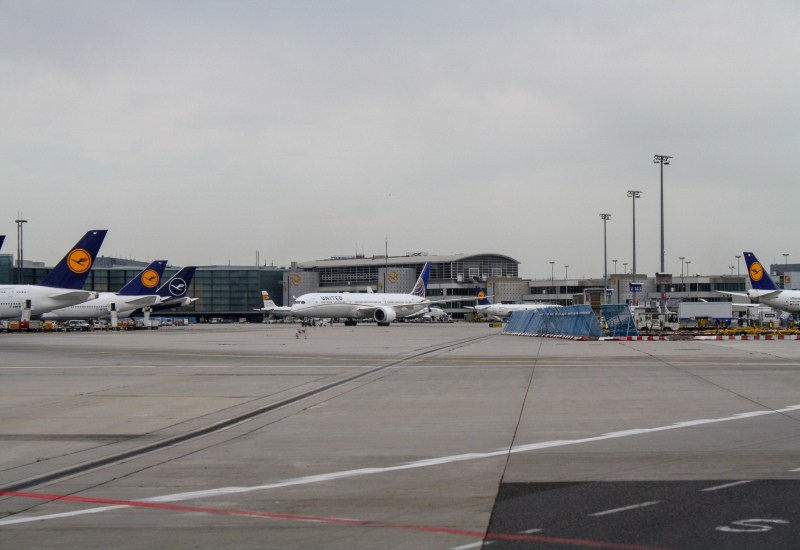
As the world continues to evolve, the dynamics of airport ownership will undoubtedly undergo further transformations, driven by economic considerations, technological advancements, and the ever-growing demand for global connectivity. Balancing stakeholders' interests while fostering innovation will be crucial in shaping the future of airport ownership.
Comments (0)
Add Your Comment
SHARE
TAGS
INFORMATIONAL Airport Finance New York New Jersey Government UAE LHR London UK Saudi ArabiaRECENTLY PUBLISHED
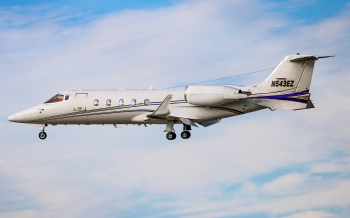 Learjet Owned By Vince Neil Crashes Into Gulfstream Jet, 1 Fatality Confirmed
On February 10th, around 14:30 local time, a Learjet private jet aircraft crashed into another private jet after landing at Scottsdale Airport (SCF) in Arizona.
NEWS
READ MORE »
Learjet Owned By Vince Neil Crashes Into Gulfstream Jet, 1 Fatality Confirmed
On February 10th, around 14:30 local time, a Learjet private jet aircraft crashed into another private jet after landing at Scottsdale Airport (SCF) in Arizona.
NEWS
READ MORE »
 Seattle Plane Strike 2025: Japan Airlines and Delta Collision Raises Safety Concerns
Seattle-Tacoma International Airport saw a concerning incident on Wednesday morning when a Japan Airlines (JAL) plane clipped a parked Delta Air Lines jet while taxiing. Thankfully, no one was injured, but passengers described the collision as a frightening experience.
NEWS
READ MORE »
Seattle Plane Strike 2025: Japan Airlines and Delta Collision Raises Safety Concerns
Seattle-Tacoma International Airport saw a concerning incident on Wednesday morning when a Japan Airlines (JAL) plane clipped a parked Delta Air Lines jet while taxiing. Thankfully, no one was injured, but passengers described the collision as a frightening experience.
NEWS
READ MORE »
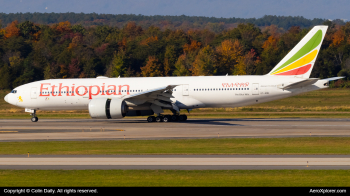 Ethiopian Airlines Expands Cargo Fleet with New Boeing 777 Freighter
Ethiopian Airlines has expanded its cargo fleet with a brand-new Boeing 777 Freighter, registered as ET-BAB (MSN 68140). The aircraft was delivered directly from Boeing’s factory in Everett, Washington, USA, and landed at Addis Ababa Bole International Airport at 3:41 PM (GMT+3) on Wednesday, January 22, 2025.
NEWS
READ MORE »
Ethiopian Airlines Expands Cargo Fleet with New Boeing 777 Freighter
Ethiopian Airlines has expanded its cargo fleet with a brand-new Boeing 777 Freighter, registered as ET-BAB (MSN 68140). The aircraft was delivered directly from Boeing’s factory in Everett, Washington, USA, and landed at Addis Ababa Bole International Airport at 3:41 PM (GMT+3) on Wednesday, January 22, 2025.
NEWS
READ MORE »




